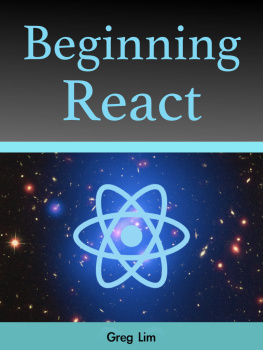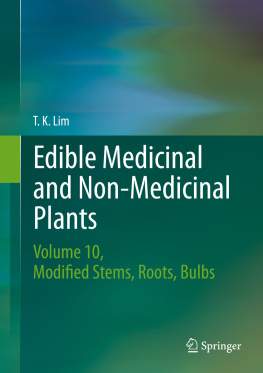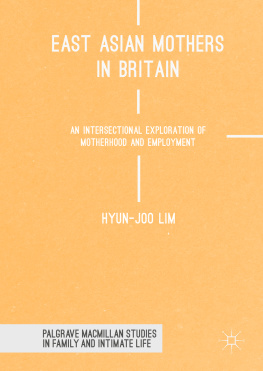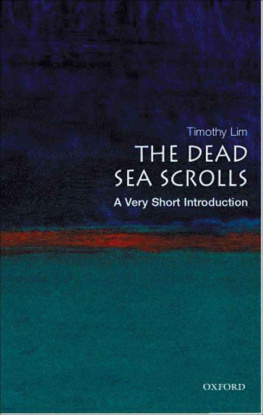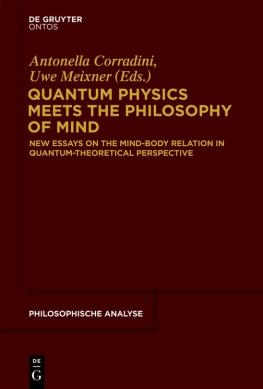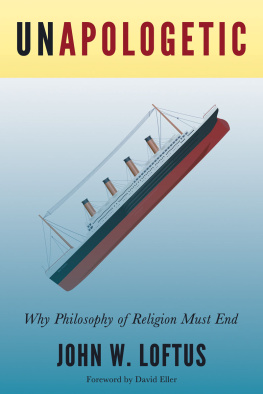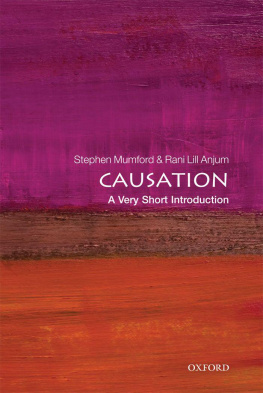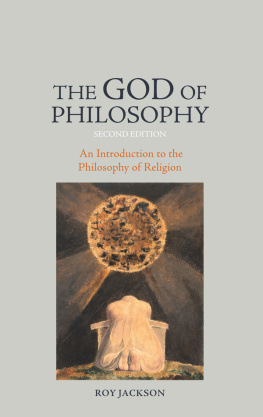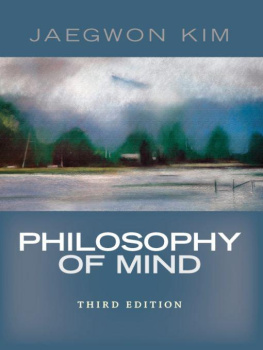1. Exclusion
1.1 Explanatory Exclusion
There is a persistent question, call it the exclusion question, in the philosophy of mind whether some behavior, say the rising of my arm, can be given both a physical causal explanation in terms of biochemical processes and a mental causal explanation in terms of beliefs, desires, conscious experiences, etc.), in response, defended a positive answer and claimed that a physical causal explanation and a mental causal explanation of the same behavior could peacefully coexist .
While this debate was carried out within the confines of a narrow topic in the philosophy of mind regarding the nature of action and mental causation, the tension generated by the exclusion question leads to more general questions in metaphysics and epistemology. Is it possible to give multiple distinct explanations for a single explanandum? What is the relationship between these distinct explanations? Jaegwon Kim , having done some of the most influential work in this area, offers the following list of questions:
What is the relationship between two explanatory theories of the same phenomena? Can the same phenomena be correctly explained by two different theories? Can we accept two such theories, each purporting to provide independent explanations of the same data? ... Is it in general the case that an event can be given more than one explanationor more than one type of explanation? Or is it the case that in general no event can be given more than one explanation? (Kim , pp. 238239)
These are difficult questions that continue to plague those working in these areas of philosophy. It is not my purpose, however, to get embroiled in these debates. Instead, I will focus my attention on analyzing Kims case for a negative answer to the exclusion question. This is because the intuitions behind his reasoning, it seems, are at work not only in a number of important debates within the philosophy of mind but also in the philosophy of religion and the public sphere at large.
Let me begin, then, by simply stating Kims so-called Principle of Causal Explanatory Exclusion.
Principle of Causal Explanatory Exclusion : No event can be given more than one complete and independent causal explanation.
Consider Abrahams movement up a ladder, let us call this behavior B. There is a natural mental explanation for B based on Abrahams goals (or desires) and beliefs. Abrahams goal is to get to the top of the ladder and he believes that emitting B will help him achieve his goal. So his mental stateshis goals and beliefscausally explain why he emitted B. There is, however, a neurophysiological explanation for B as well. Whenever a man is in neurophysiological state q he will emit B. Since Abraham is in state q he emits B.
Can the mental explanation and the neurophysiological explanation of B coexist? One may be tempted to deny this possibility because of the nomic sufficiency that accompanies the neurophysiological explanation. This explanation shows that a persons being in state q is sufficient, based on the physical laws of nature, for the persons emitting B. And given the sufficiency of q it seems that Abrahams being in state q will be followed by his climbing behavior whether or not any other events (like Abrahams being in certain mental states with the relevant goals and beliefs) transpire. No other event seems to be necessary for Abrahams emitting B. This strongly suggests that the mental explanation of Abrahams behavior is causally, and therefore explanatorily, irrelevant. In a straightforward sense, then, it seems that the neurophysiological explanation of B excludes the mental explanation.
But what if Abrahams goals and beliefs are simultaneous nomic equivalents of Abrahams being in state q ? That is, what if, as a matter of law, Abrahams being in state q can occur if and only if Abraham is in a mental state where he is entertaining the relevant goals and beliefs? Consequently, if Abrahams being in state q is nomically sufficient for B then Abrahams having the relevant goals and beliefs is also nomically sufficient for B. Doesnt this show that the mental explanation and the neurophysiological explanation can both be used to explain Abrahams climbing the ladder? More generally, doesnt this show, contra Kim, that two distinct explanations can be given of one and the same phenomenon? Kim is unconvinced:
The kind of situation [described], namely one in which two events C and C* are seen to be nomologically necessary and sufficient for each other, and in which each of them is thought to constitute an explanans for one and the same event E, is an inherently unstable situation ...[this] generates a strong pressure to find an acceptable account of the relationship between C and C*. (Kim , p. 246)
Following Kim let us suppose that we are offered two causal explanations of a single event. The first explanation cites C as a cause of E and the second explanation cites C* as a cause of E. What are the different ways we can extricate ourselves from this inherently unstable situation by making sense of the relationship between C and C*? There seem to be three possible options.
(1)
Reduction: C is reducible to C*. There is only one cause of E not two. This option is the simplest way of resolving the tension generated by the presence of two (supposedly) distinct explanations.
(2)
Joint Causation: Neither C nor C* is independently sufficient for E. Instead, both C and C* are jointly sufficient for E. This option shows that we are not dealing with two distinct complete explanations of E. There is only one complete explanation of E and it involves both of the partial explanations involving C and C*. C and C* need each other in order to bring about E.
(3)
Overdetermination : C and C* are distinct and independently sufficient for E. In a straightforward sense C would still have caused E in the absence of C* and C* would still have caused E in the absence of C.
One of these options must be chosen in order to relieve ourselves of the cognitive dissonance. But which option are we to choose? It is instructive to note that the first two options are similar in an important respect. They both say that there is really only one complete explanation on the table. Option (1) says this in the most straightforward way. But option (2) essentially says the same thing. C and C* combine to form a single sufficient cause of E so there is only one complete explanation of E. Only option (3) truly respects the claim that there is more than one complete explanation of E. C and C*, each being independent sufficient causes of E, ground the possibility of saying that there really are two distinct and complete explanations of E.
This suggests that the initial definition of the Principle of Causal Explanatory Exclusion is not exactly right. It is not the case that an event cannot have more than one complete and independent causal explanation. An event cannot have more than one complete and independent causal explanation unless the causes cited in the explanations overdetermine their effect. So the principle ought to be modified to include this result.


